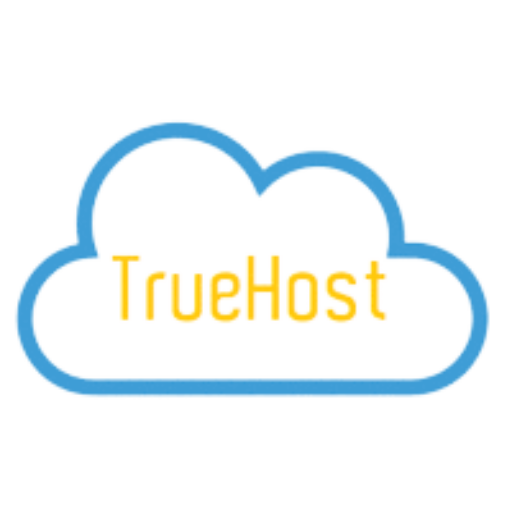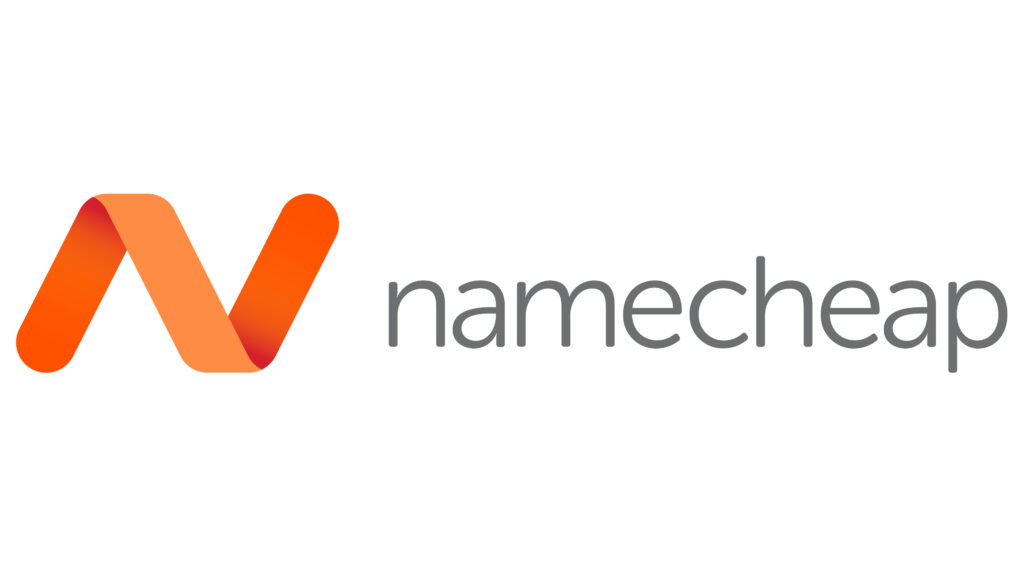Web hosting is a crucial aspect of establishing an online presence. Let’s talk about Namecheap’s best alternatives.
It refers to the service that allows individuals and businesses to make their websites accessible on the Internet.
Choosing the right hosting provider is essential as it directly impacts your website’s performance, reliability, and security.
Namecheap is a popular hosting provider with affordable pricing and a user-friendly interface. But it’s important to compare it to other providers before deciding.
Other providers may offer more features, better performance, or superior customer support. Here is the Namecheap overview:
Namecheap began as a domain registrar. Known for its focus on affordable domain registration, it expanded its services to include web hosting, SSL certificates, and more.
Over the years, Namecheap has garnered a reputation for its user-friendly interface and competitive pricing.
Here are the services it provides:
- Domain Registration: Namecheap is renowned for its cost-effective domain registration services, offering a wide range of domain extensions.
- Web Hosting: Provides various hosting plans, including shared hosting, WordPress hosting, VPS hosting, and dedicated servers.
- Security Services: Offers SSL certificates, WhoisGuard privacy protection, and other security features.
- Additional Services: Email hosting, website builder, and various add-ons for website management.
Features of Namecheap:
- Affordable pricing:
Namecheap is known for its competitive pricing, offering various hosting plans to suit different budgets. Their shared hosting plans start at just $1.58 per month, and they also offer VPS hosting, dedicated hosting, and reseller hosting plans.
- Ease of use:
Namecheap’s dashboard and control panel are designed to be intuitive and easy to navigate, simplifying domain and hosting management tasks for users.
It is known for its user-friendly interface, making it easy for beginners to navigate.
- Security:
Namecheap takes security seriously, offering features like free automatic SSL installation and DNSSEC security to protect your website.
SSL Certificates offer various SSL certificates for website security, including PositiveSSL, EV SSL, and Wildcard SSL.
WhoisGuard provides free WhoisGuard privacy protection for the first year with domain registration, helping to keep domain owner information private.
- Excellent customer support:
Namecheap offers 24/7 customer support via live chat, phone, and email. Their support team is knowledgeable and helpful and always willing to go the extra mile to assist their customers.
Support Resources are available for domain and hosting setup and management, including a knowledge base, tutorials, and guides.
Customer Service is available for technical issues through live chat and ticket support.
- Reliable uptime:
Namecheap boasts an impressive uptime record, ensuring your website is up and running when visitors need it.
Their data centers have the latest technology and security measures to keep your website safe and secure.
Before we dive into Namecheap’s best alternatives, let’s gather insights on hosting providers.
What to look for in a hosting provider:
- Uptime:
Uptime refers to the percentage of time that a website is online and accessible to visitors. Reliable hosting providers should have an uptime of 99.9% or higher.
It means that your website should be up and running almost all of the time, with only minimal downtime for maintenance or unexpected issues.
2. Performance:
Performance refers to the speed and responsiveness of a website. Faster websites provide a better user experience and can improve search engine rankings.
Several factors can affect website performance, including the type of hosting plan, the server hardware, and the website’s code.
3. Customer support:
Availability and Responsiveness: 24/7 customer support responsive to technical issues is crucial for maintaining your website’s uptime.
Support Channels: Consider providers offering various support channels such as live chat, phone, email, or ticketing systems.
4. Pricing and value for money:
When comparing subscription services, it is vital to consider the following:
- Introductory vs. renewal pricing: Some services offer initial rates significantly lower than the regular price. However, these rates may only be available for a limited time, and the price may dramatically increase upon renewal.
- Features included: Compare the features in different packages to determine the best value for money.
Reading the fine print before signing up for any subscription service is also essential. Some services may have hidden fees or restrictions.
5. Scalability and resources:
When choosing a web hosting plan, you must ensure it can accommodate your website’s traffic and data needs without compromising performance.
You should understand the allocated bandwidth, storage space, and processing power to ensure your website runs smoothly.
The best hosting provider depends on your needs and goals. Consider your website’s requirements, budget, and long-term goals.
Research and compare options before choosing.
Namecheap’s best alternatives:
1. HostGator:
It is a web hosting service with WordPress, VPS, and dedicated hosting capabilities. It is known for its high speed, uptime, security, user-friendliness, and low prices.
HostGator has more features than Namecheap, but Namecheap is cheaper and has better support.
Strengths:
- Affordability: HostGator offers affordable hosting plans, making them a good option for budget-minded businesses.
- Reliability: HostGator has a good reputation for uptime and reliability.
- Ease of Use: HostGator’s control panel is easy to navigate and use, even for beginners.
- Customer Support: HostGator offers 24/7 customer support via live chat, phone, and email.
Weaknesses:
- Performance: HostGator’s shared hosting plans can be slow, especially during peak times.
- Upsells: HostGator is known for aggressive upsells, which can annoy some customers.
Namecheap is a cheaper option than HostGator, but HostGator is more reliable and faster. Your best choice depends on your specific needs, budget, and preferences.
2. GoDaddy:
GoDaddy is a publicly traded web hosting company that offers a variety of plans and services for individuals, small businesses, and enterprises.
It is one of popular Namecheap’s best alternatives for businesses of all sizes. It offers a comprehensive range of services and a user-friendly interface.
Strengths:
- Ease of use: GoDaddy’s control panel is easy to navigate and use, even for beginners. They also offer a variety of one-click installation tools to make it easy to get started with your website.
- Affordability: GoDaddy offers a variety of affordable hosting plans, making them a good option for budget-minded businesses.
- Customer support: GoDaddy offers 24/7 customer support via live chat, phone, and email. Their support team is knowledgeable and helpful and always willing to go the extra mile to assist their customers.
Weaknesses:
- Performance: GoDaddy’s shared hosting plans can be slow, especially during peak times.
- Upsells: GoDaddy is known for aggressive upsells, which can annoy some customers.
GoDaddy is a good choice for businesses and individuals looking for an affordable, easy-to-use hosting provider with good customer support.
3. SiteGround:
SiteGround is a popular web hosting provider that offers various hosting plans, including shared hosting, VPS hosting, cloud hosting, and dedicated hosting.
They also offer various other services, such as domain registration, website builders, and email marketing.
Strengths:
- Performance: SiteGround is known for its high-performance hosting plans. Their servers are optimized for speed and use various technologies to improve website performance.
- Reliability: SiteGround has a good reputation for uptime and reliability. Their servers are in data centers worldwide, with a team of engineers monitoring them 24/7.
- Customer Support: SiteGround offers 24/7 customer support via live chat, phone, and email. Their support team is knowledgeable and helpful and always willing to go the extra mile to assist their customers.
Weaknesses:
- Price: SiteGround is more expensive than other hosting providers, such as Namecheap.
- Features: SiteGround’s hosting plans include many features but may not be as feature-rich as other hosting providers.
SiteGround is a good choice for businesses looking for a reliable, high-performance hosting provider with excellent customer support.
They are a good option for businesses of all sizes, from small startups to large enterprises.
4. Bluehost:
Bluehost is a web hosting company that offers various hosting solutions, including shared hosting, VPS hosting, dedicated hosting, and managed WordPress hosting.
It is a web hosting company that offers a wide range of features and services for different types of websites.
It is one of the most popular Namecheap’s best alternatives for beginners and small businesses because it is affordable and easy to use.
Strengths:
- Reliable Performance: Bluehost has a strong reputation for providing reliable hosting services with good uptime and fast loading times.
- User-Friendly: Bluehost offers a user-friendly interface and easy-to-use tools, making it suitable for beginners.
- Strong Security: Bluehost provides robust security measures, including free SSL certificates and advanced server protection.
- 24/7 Customer Support: Bluehost offers round-the-clock customer support through various channels, including live chat, phone, and email.
Weaknesses:
- Higher Renewal Prices: Bluehost’s introductory prices are attractive, but the renewal prices can be higher.
- Upselling: Some users have reported that Bluehost tends to push additional services and upsell during signup.
Bluehost is popular with many website owners due to its reliable performance, user-friendly interface, and strong customer support.
It also offers various hosting options to accommodate different needs and budgets. Ultimately, the choice of hosting provider depends on individual requirements and preferences.
5. Hostinger:
Hostinger is a web hosting company that offers affordable, user-friendly hosting solutions for individuals, small businesses, and developers.
It has operated since 2004 and has gained popularity for its competitive pricing, user-friendly interface, and reliable performance.
Strengths:
- Affordability: Hostinger is known for its competitive pricing, offering affordable hosting plans without compromising quality or performance.
- Ease of Use: Hostinger’s user-friendly interface and intuitive control panel make managing your website and hosting account easy.
- Performance: Hostinger’s servers are optimized for speed and performance, delivering a responsive and engaging user experience.
Weaknesses:
- Limited Features: Some users may find their shared hosting plans slightly limited in terms of features compared to competitors.
- Occasional Upsells: Hostinger may occasionally promote upsells for additional services during signup.
Hostinger and Namecheap are affordable and reliable web hosts. Hostinger is easy to use, and Namecheap has better support.
Choose the best for you.
In summary: Namecheap’s best alternatives:
Now we know Namecheap’s best alternatives, it’s up to you to find the best that works for you. Choosing the right host will help you grow.
Many different web hosting services are available, each with strengths and weaknesses. The best choice for you depends on your specific needs and budget.
Namecheap is a popular choice, but it is important to research to find the best hosting service for you.


